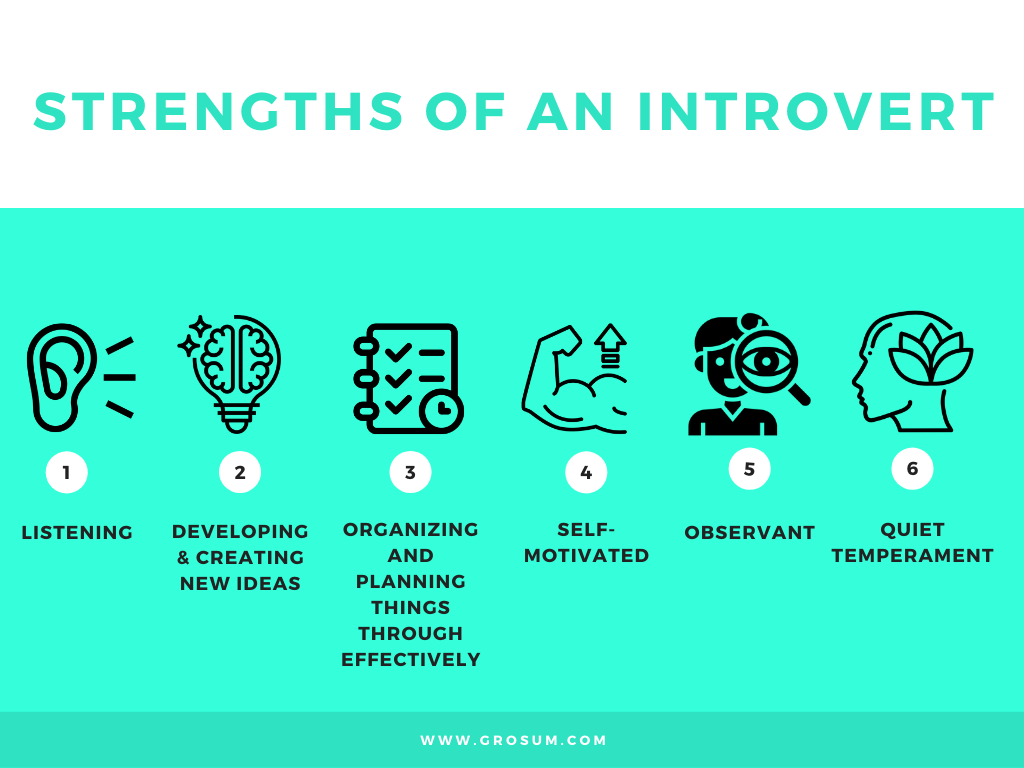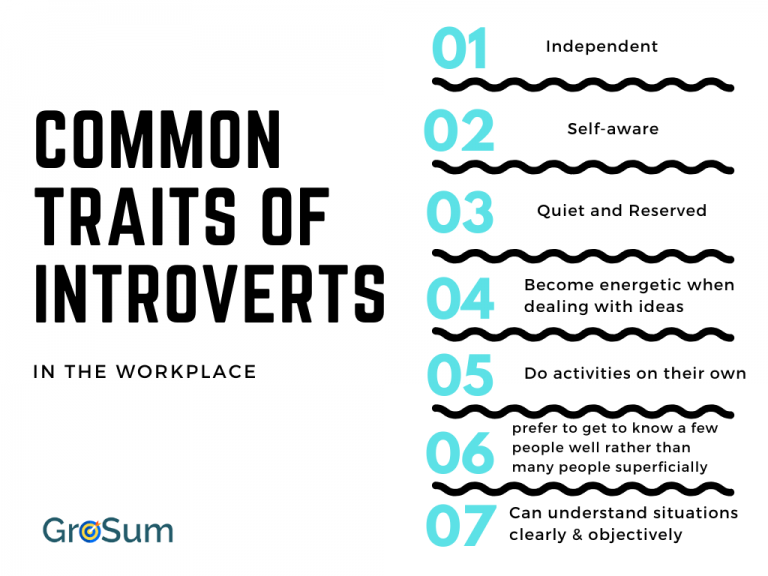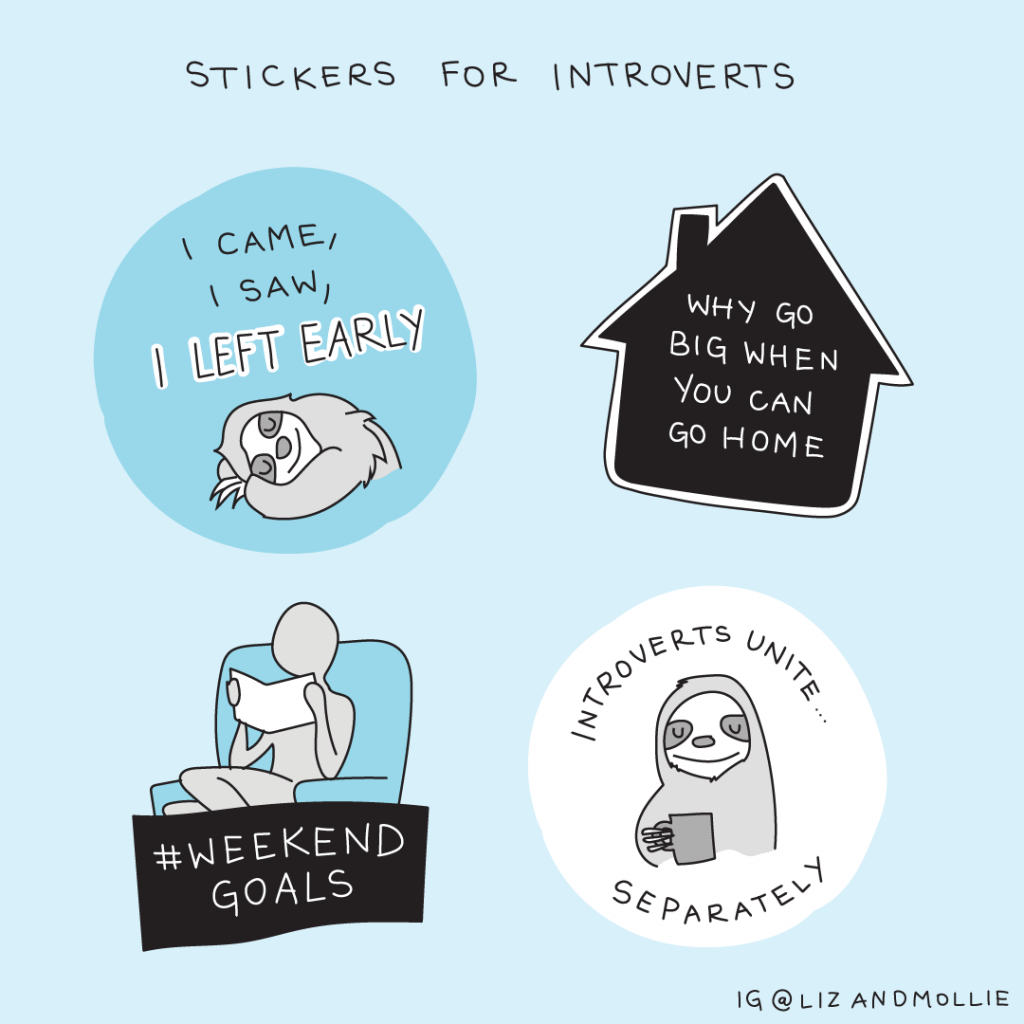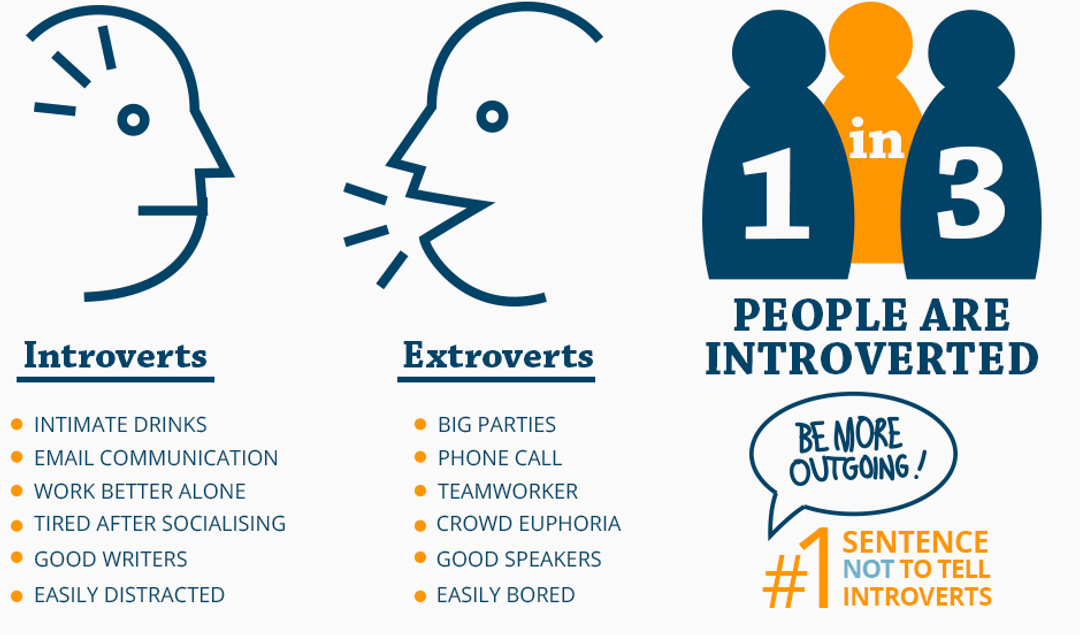How To Be Less Introverted At Work

For introverted professionals, navigating the workplace can feel like traversing a social minefield. Many introverts report feeling overlooked, misunderstood, or even penalized for their quieter demeanor in environments often favoring extroverted communication styles. But overcoming the challenges is possible with intention and strategy.
This article explores practical, actionable steps introverts can take to enhance their visibility, build stronger connections, and advocate for their ideas in the workplace, without compromising their authentic selves. Experts emphasize that it's not about becoming an extrovert, but rather leveraging introverted strengths and strategically adapting to thrive professionally.
Understanding Introversion in the Workplace
Introversion, at its core, is a personality preference for calmer, less stimulating environments. It’s not shyness or social anxiety, but a preference for processing information internally before sharing thoughts.
Dr. Laurie Helgoe, author of "Introvert Power: Why Your Inner Life Is Your Hidden Strength," highlights that introverts often excel at deep thinking, problem-solving, and active listening.
However, these strengths can be overshadowed in work cultures that prioritize constant collaboration and vocal participation.
Strategies for Increased Visibility
One of the biggest hurdles for introverts is gaining visibility. To combat this, experts suggest proactive communication.
Start by volunteering for projects that align with your strengths and interests, ensuring your contributions are noticed. Prepare concise, well-thought-out contributions to meetings, even if it means rehearsing beforehand.
Susan Cain, author of "Quiet: The Power of Introverts in a World That Can't Stop Talking," advocates for "strategic extroversion." This means consciously engaging in more outgoing behaviors during key moments, like presentations or networking events, while still prioritizing downtime for recharging.
Building Stronger Connections
Networking can be daunting for introverts, but it's crucial for career advancement. Instead of focusing on large gatherings, cultivate deeper relationships with a smaller group of colleagues.
Schedule one-on-one coffee chats to learn about their roles and interests, building rapport over time. Offer genuine support and listen attentively during these interactions; introverts often make excellent confidantes.
Consider using written communication to your advantage. Emails and memos allow you to articulate your ideas clearly and thoughtfully, without the pressure of immediate response.
Advocating for Your Ideas
Introverts may hesitate to assert their opinions in group settings. To become a more effective advocate, prepare your arguments thoroughly, backing them up with data and logical reasoning.
Share your ideas with key decision-makers privately before larger meetings to gain buy-in and support. Practicing your delivery beforehand can also boost your confidence and ensure your message is heard.
If interrupted during a meeting, politely but firmly reassert your point. Phrases like, "As I was saying..." or "To finish my thought..." can help regain control of the conversation.
Leveraging Introverted Strengths
It’s important to remember that introversion is not a weakness. Instead, emphasize the unique strengths you bring to the table.
Highlight your ability to focus deeply, analyze information critically, and provide thoughtful feedback.
Advocate for work environments that support different communication styles, such as quiet work spaces or opportunities for asynchronous collaboration.
Seeking Support and Resources
There are numerous resources available to help introverts navigate the workplace. Professional development courses on communication skills, leadership, and assertiveness can provide valuable tools and strategies.
Consider joining an employee resource group for introverts to connect with like-minded colleagues and share experiences. Mentorship programs can also offer personalized guidance and support from senior professionals.
By understanding their own strengths and strategically adapting to workplace dynamics, introverts can thrive professionally, making valuable contributions and achieving their career goals. It’s about creating a work environment where all voices are heard and valued, regardless of personality type.











![How To Be Less Introverted At Work Quiet: Introverts at Work [Infographic] | Only Infographic](http://www.onlyinfographic.com/wp-content/uploads/2013/10/quiet-960x460.png)






